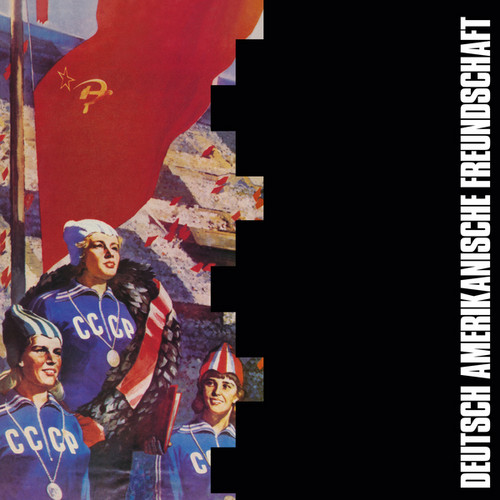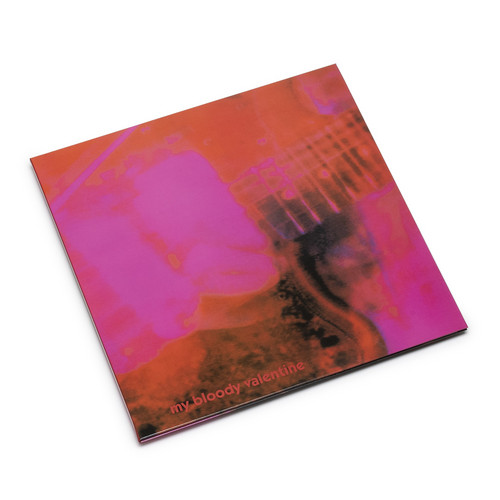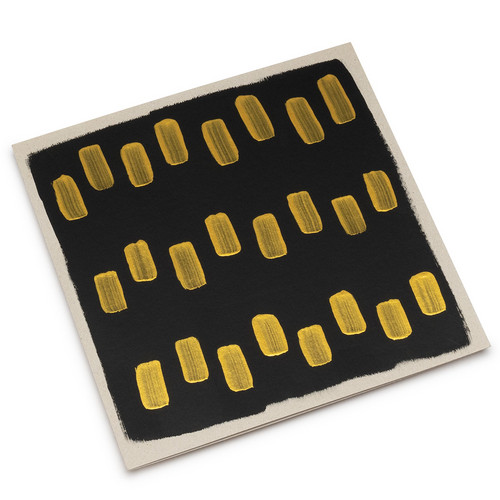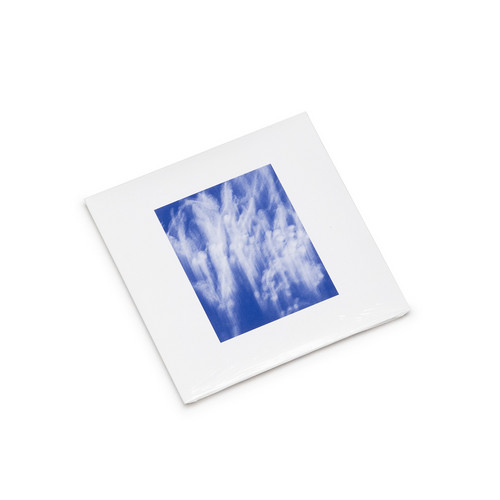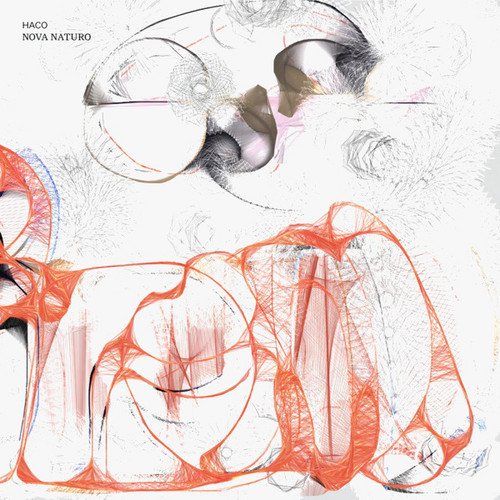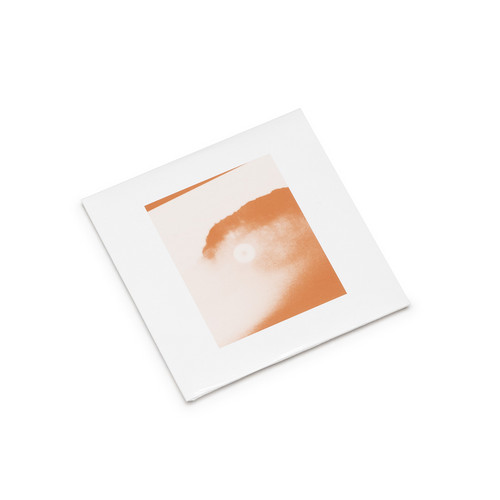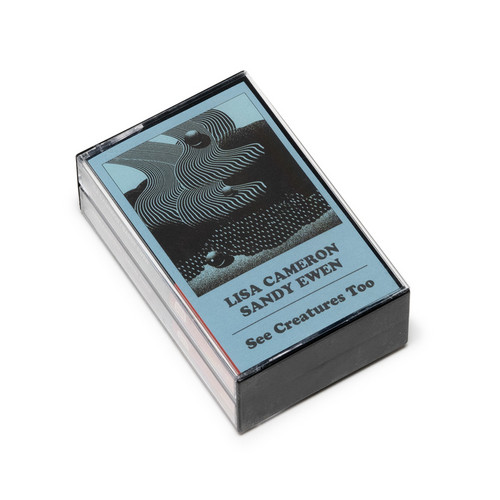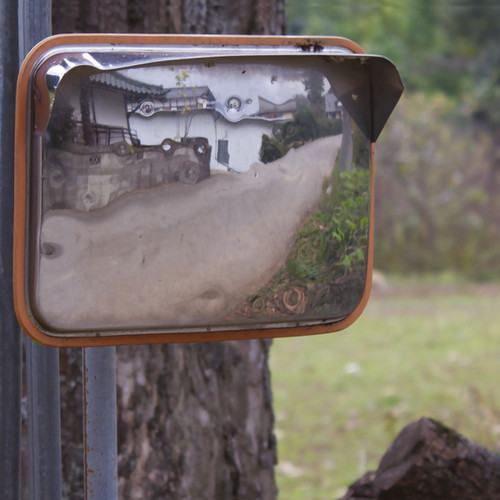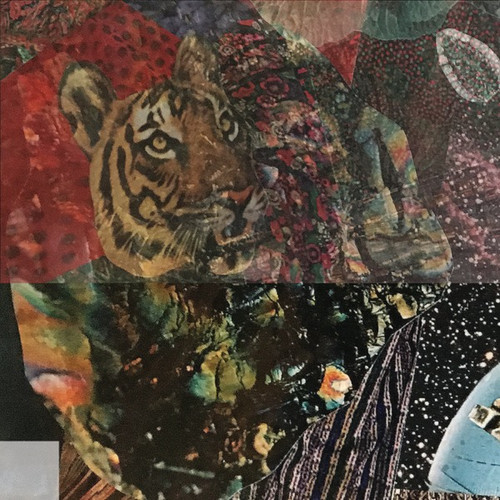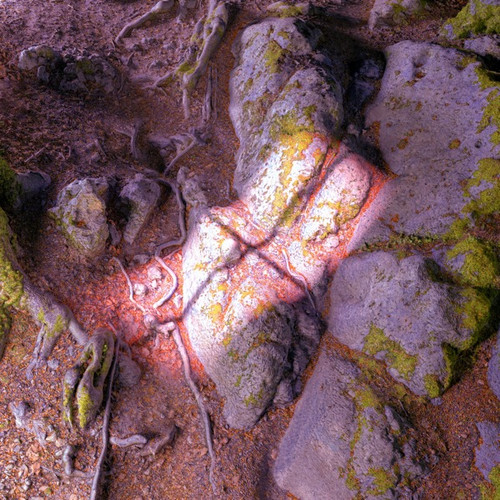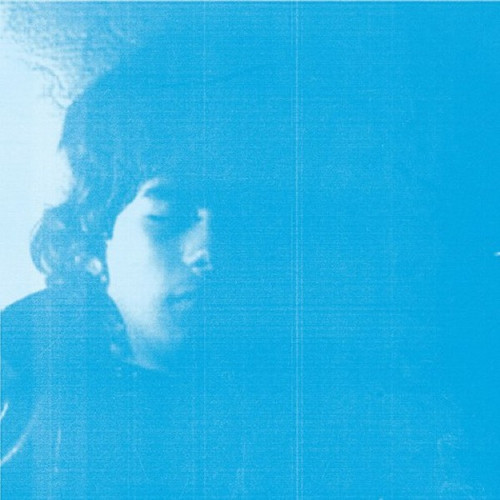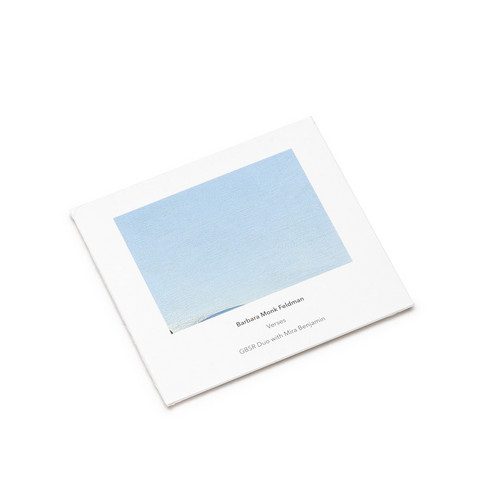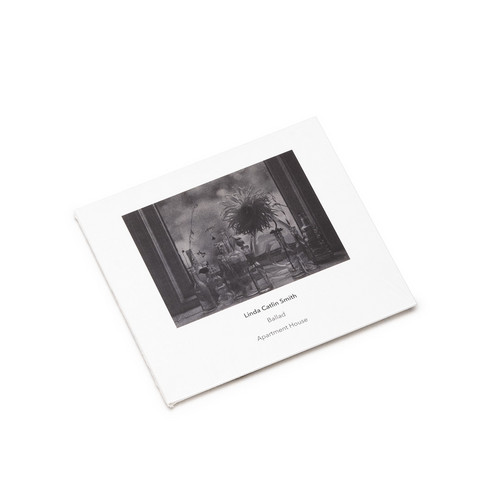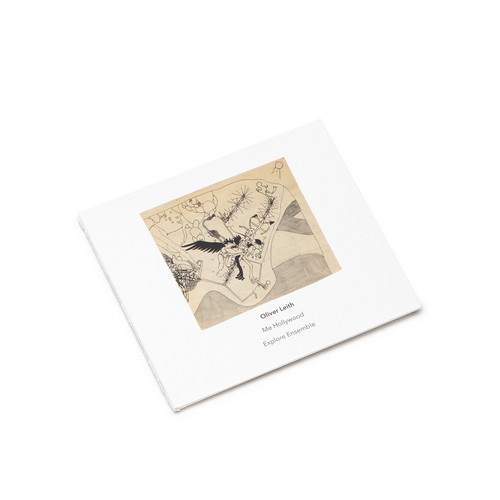Sylva Sylvarum
Black Truffle is pleased to present Sylva Sylvarum, an epic new work from Ora Clementi, the collaborative project of crys cole and James Rushford. Primarily conceived and recorded over several months together in Melbourne, Sylva Sylvarum is a stunnin…
Die Kleinen Und Die Bösen
** 2021 Stock ** Groenland unearth and reissue DAF's 2nd album 'Die Kleinen und die Bösen'. It predates 'Der Mussolini' by over a year and is actually much more diverse and fruity than much of their later work, yet still adheres to the stringently mi…
Isn’t Anything
* Black vinyl in gatefold sleeve, inners + printed inner sleeve *Isn’t Anything and Loveless have been mastered fully from analog for deluxe LPs and also mastered from new hi-res uncompressed digital sources for standard LPs, with each being made ava…
Loveless
* Black vinyl in gatefold sleeve, inners + printed inner sleeve * my bloody valentine, the quartet of Bilinda Butcher, Kevin Shields, Deb Googe and Colm Ó Cíosóig, are widely revered as one of the most ground-breaking and influential groups of the pa…
Days Falling
** Edition of 100. Heavy weight 180 gram vinyl. Hand-painted covers on thick gray cardboard ** Editions presents Days Falling by Jason Kahn. Recorded April 9, 2020 in Zürich at Kunstraum Walcheturm. Recording, mixing, mastering, liner notes and LP ar…
Tifold af Fri Form og Faelles Motiv
Aar & Dag is a collective of four Danish composers: Andreas Pallisgaard, Mads Forsby, Anders Lauge Meldgaard, and Michael Mørkholt. Each of the four members has an independent practice as a musician/composer, working with instrument-building, compute…
Lifeblood of Light and Rapture
** Monochromatic print, matte laminate jacket with emboss, insert card ** Room40 presents Lifeblood of Light and Rapture by Yann Novak. "When I began working on Lifeblood of Light and Rapture I was thinking a lot about both my personal and society’s …
Nova Naturo
** Matte laminated sleeve, full colour print and insert card ** On Nova Naturo, Japan’s Haco expands her already divergent song craft into a zone that meshes field recording, electronics and layers of floating voice into an imagined sound environment…
A Trail of Laughters
Room40 presents A Trail of Laughters by Siavash Amini. A series of distressing dreams started this whole thing. A few years ago someone pointed out that my repeating dreams of being lost in what seemed to be a maze of pits, reminded them of stories a…
See Creatures Too
** A brand new Double cassette featuring one tape of studio recordings and one tape of live recordings! First pressing of 250 with artwork by Jaime Zuverza. ** Brand new sprawling double cassette document from Lisa Cameron & Sandy Ewen! "Sea Creature…
The Terrestrial Sea
Texturally detailed ambient-electronic study on the relationships between man made and natural environments in the Cromarty Firth, Scotland. File somewhere between Cindytalk and Richard Skelton
Too Compliment
DDS catch enduringly absorbing sonic alchemist Jim O'Rourke at his knottiest and most ingenious in a wormholing suite of amorphous rhythm and psychedelic electronics - a massive RIYL Autechre, Roland Kayn, Bernard Parmegiani, NYZ, Keith Fullerton Whi…
Triwave Pagoda
** Deluxe 40-minute Cassette, limited edition of 150, each with full-color six-panel j-card in clear Norelco case, plus full-color outer o-card featuring collage art by Masami Akita ** "Triwave Pagoda" is a blistering sonic depiction of space travel…
5 S-Bahn
** Blue vinyl, edition of 500 copies ** Mastered by Rashad Becker for this vinyl edition, ‘5 S-Bahn’ finds Lucy Railton rendering a sublime, haunting impression of Berlin made in early Spring 2020 for our Documenting Sound series of sonic postcards f…
Lake from the Louvers
** 140g black vinyl hosued in printed inner and outer sleeves with gloass varnish ** Lake from the Louvers is a new solo work for concrete sounds, electronics and instruments from Australian composer-performer James Rushford, who has spent the last f…
Is Dead - Volume One
Paul Chain was a pseudonym first used by the self-taught Italian multi-instrumentalist Paolo Catena in 1977. In 2003 he announced Paul Chain's 'artistic death' and destroyed all the tapes and photos in his possession. No explanation was given. Paul C…
Verses
Another Timbre presents Verses, five chamber and solo works by the Canadian composer Barbara Monk Feldman. "I have been thinking about what is inside and what is outside. The everyday life and tragedy of what goes on around you, and the fact that to …
Ballad
In the catalog of contemporary composition, Linda Catlin Smith occupies a luminous yet quiet space. Her music resists momentum in favor of presence, exploring the beauty of slowness and the porous borders between harmony and noise. Drawing on the lin…
Me Hollywood
With Me Hollywood, Oliver Leith continues to refine his idiosyncratic vocabulary, stretching the boundary between contemporary composition, performance art, and pop absurdism. The record unfolds as a study of spectacle and sincerity, as if filtering …

